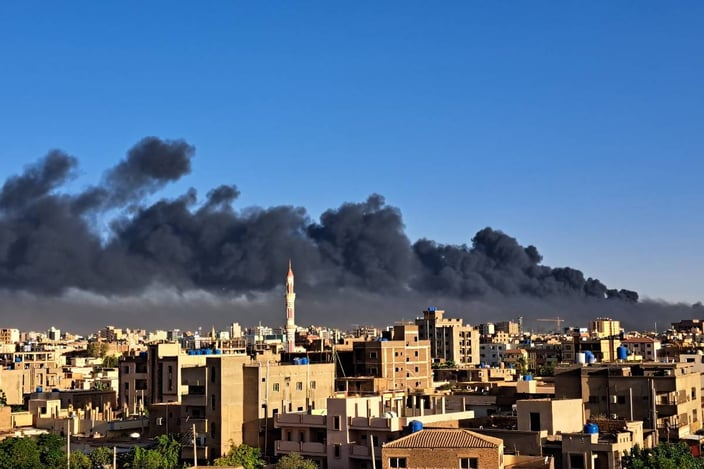Keep Eye On Sudan
Challenges in Aid Delivery
Despite these efforts, delivering aid remains challenging due to ongoing violence and logistical obstacles. The World Food Program (WFP) has faced significant issues, including looting and high operational costs, which have hindered hunger relief efforts and strained donor relations. An internal report highlighted the WFP’s inability to scale operations effectively, leading to missed funding opportunities and reduced aid reach.
Current Situation
As of December 2024, the conflict shows no signs of abating. Both the SAF and RSF have ruled out negotiations, opting instead for continued military engagement. Civilians continue to bear the brunt of the violence, facing daily threats to their safety and well-being. The humanitarian situation remains critical, with urgent calls for increased international intervention and support to alleviate the suffering of the Sudanese people.


Sudan is currently enduring a profound humanitarian crisis, marked by ongoing conflict, widespread displacement, and severe food insecurity. The civil war, which erupted in April 2023 between the Sudanese Armed Forces (SAF) and the paramilitary Rapid Support Forces (RSF), has led to significant civilian casualties and extensive infrastructure damage.
Conflict and Humanitarian Impact
The hostilities have resulted in the deaths of tens of thousands of people and the displacement of millions. As of December 2023, over 5.8 million individuals were internally displaced, with an additional 1.5 million fleeing to neighboring countries as refugees. The conflict has severely disrupted essential services, leading to acute shortages of food, water, and medical supplies. Hospitals are understaffed and running low on supplies, with many facilities forced to close due to the violence.
Food Insecurity and Famine
The war has precipitated a dire hunger crisis. In August 2024, the Integrated Food Security Phase Classification (IPC) confirmed famine conditions in parts of North Darfur, including the Zamzam camp near El Fasher. Approximately 25 million people, over half of Sudan’s population, are in need of humanitarian aid, with nearly 5 million facing emergency levels of food insecurity.
International Response
The international community has taken steps to address the crisis. In December 2024, senior U.S. lawmakers introduced legislation to sanction leaders of both warring factions and to prohibit the sale of American weapons to countries exacerbating the conflict. The bill also calls for a comprehensive strategy to deliver humanitarian aid and establish peace in Sudan.
Additionally, the United Kingdom announced a £113 million aid package to support 600,000 people within Sudan and 700,000 refugees in neighboring countries. This aid aims to provide food, shelter, and education to those affected by the conflict.
